CPC Central Committee vows to enhance higher-standard opening-up, expand international cooperation
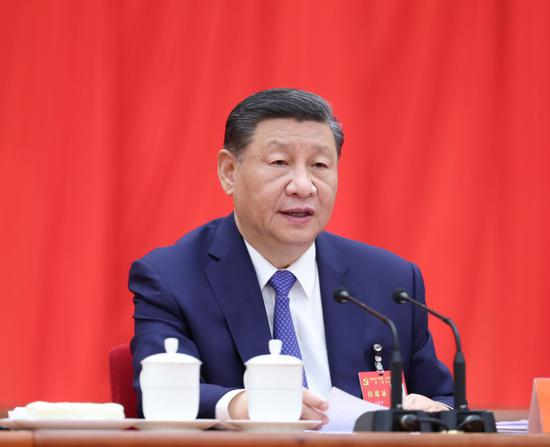
Xi Jinping, general secretary of the Communist Party of China Central Committee, delivers a speech during the third plenary session of the 20th CPC Central Committee, which was held in Beijing from Monday to Thursday. (JU PENG/XINHUA)
China aims to build a high-standard socialist market economy by 2035 by enhancing the role of market mechanisms in the economy in order to create a fairer and more dynamic market environment, according to a communique issued on Thursday after a key reform-themed meeting of the Communist Party of China.
The goal is part of the reform priorities that the CPC worked out at the third plenary session of its 20th Central Committee, which was held from Monday to Thursday in Beijing.
A resolution on further deepening reform comprehensively to advance Chinese modernization was adopted at the session. Xi Jinping, general secretary of the CPC Central Committee, delivered explanatory remarks on the draft version of the resolution at the meeting.
The highly anticipated meeting came as multiple reform policies are needed to address the challenges on the path toward Chinese modernization, with an increasing emphasis on coordinating development and security.
The communique said that restrictions on the market will be lifted while effective regulation will be ensured to better maintain order in the market and remedy market failures.
It is essential to ensure that all economic entities have equal access to factors of production in accordance with the law, participate in market competition on a level playing field, and are protected by law as equals, the communique said.
In improving macroeconomic regulation, the communique said that China will deepen coordinated reforms in the fiscal, tax, financial and other major sectors and enhance the consistency of macro-economic policies.
The third plenary sessions of the CPC Central Committee have often launched major reforms.
During the third plenary session of the 11th CPC Central Committee in 1978, when the decision was made to embark on reform and opening-up, China initiated reforms to transition from a planned economy to a market economy, continuously advancing market-oriented reforms since then, with the role of market mechanisms in resource allocation steadily strengthening.
Particularly since the 18th National Congress of the CPC in 2012, China has comprehensively deepened reforms, attached great importance to the optimization of the business environment, advanced reforms to delegate powers, streamlined administration and optimized government services, and continuously relaxed market access.
Ouyang Yaofu, an associate research fellow at the Institute of Economics of the Chinese Academy of Social Sciences, said that reform and opening-up in China are always ongoing and will never end.
China's journey from a planned economy to a market economy through market-oriented reforms has been of immense significance not only for China itself, but also offers valuable lessons for other countries, Ouyang said
Describing opening-up as a defining feature of Chinese modernization, the communique said that China will promote reform through opening-up. By leveraging the strength of its huge market, China will enhance its openness while expanding international cooperation, and develop a new system of higher-standard open economy, it said.
The communique also underlined the need to steadily expand institutional opening-up, deepen foreign trade structural reform, further reform the management systems for inward and outward investment, and refine the mechanisms for high-quality cooperation under the Belt and Road Initiative.
At the session, the CPC Central Committee also made systematic plans for further deepening reform with the emphasis on promoting high-quality economic development, supporting all-around technological innovation, promoting integrated urban-rural development, advancing whole-process people's democracy, and promoting socialist rule of law with Chinese characteristics.
Priorities will also be given to deepening reform in the cultural sector, ensuring and improving the people's well-being, deepening reform in ecological conservation, modernizing China's national security system and capacity, deepening national defense and military reform, and improving the Party's leadership in further deepening reform in all respects to advance Chinese modernization, according to the communique.
Zheng Shanjie, director of the National Development and Reform Commission, said that the third plenary session is of milestone significance, as it closely focused on the theme of Chinese modernization and scientifically worked out the overall deployment for further deepening reforms.
While targeting major reforms concerning the country's overall development, the session also emphasized the need to advance reforms that matter to people's livelihoods, Zheng said.
Wang Wentao, minister of commerce, underlined the need to turn the reforms in specific fields into a task list for implementation. It is important to expand opening-up and promote institutional reforms in terms of trade in goods, trade in services and digital trade, he said, adding that efforts should be made to propel highquality development through high-standard opening-up.
At the session, an analysis of the current economic situation and the tasks that the country faces was conducted. It was highlighted that the nation must remain firmly committed to accomplishing the goals for this year's economic and social development.
While ensuring both development and security, China will implement various measures for preventing and defusing risks in real estate, local government debt, small and medium-sized financial institutions, and other key areas.
"We will properly respond to external risks and challenges, strive to play a leading role in global governance, and actively work to foster a favorable external environment," the communique said.
According to the communique, the session decided to accept Comrade Qin Gang's resignation from the CPC Central Committee, and confirmed the Political Bureau's earlier decision to expel Li Shangfu, Li Yuchao and Sun Jinming from the Party.
A total of 199 members and 165 alternate members of the Central Committee attended the session.








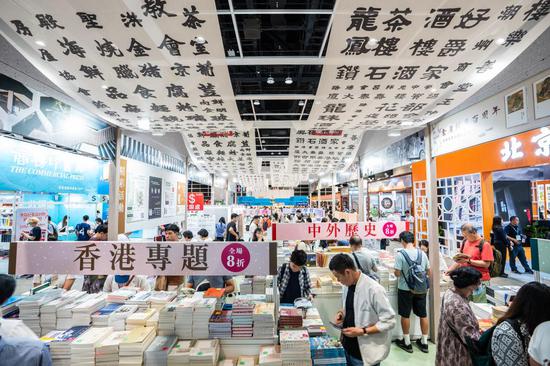
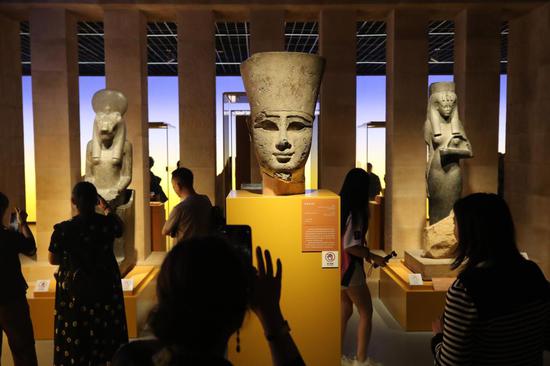


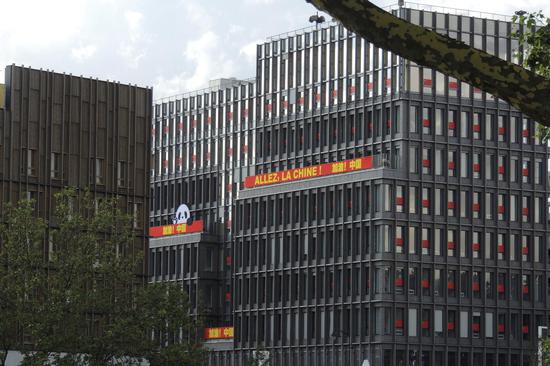





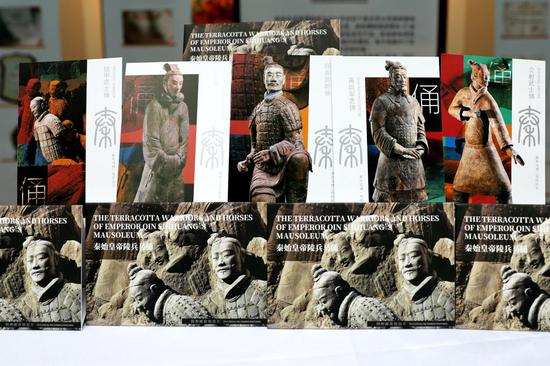


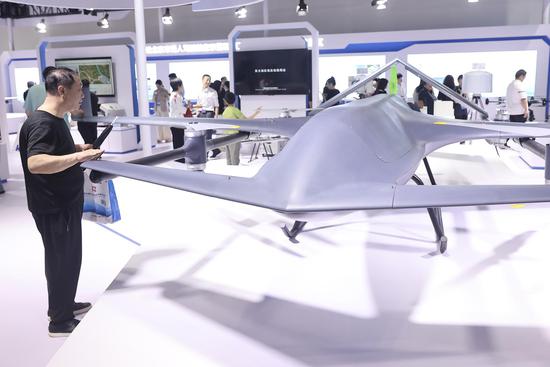
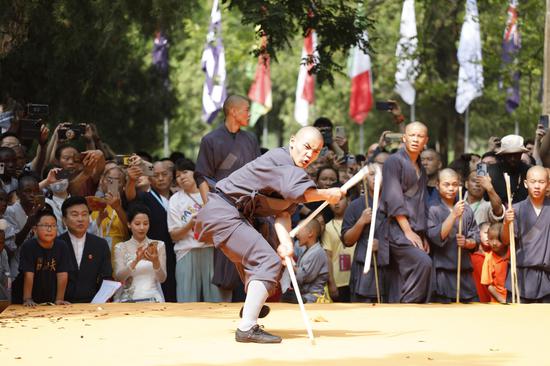
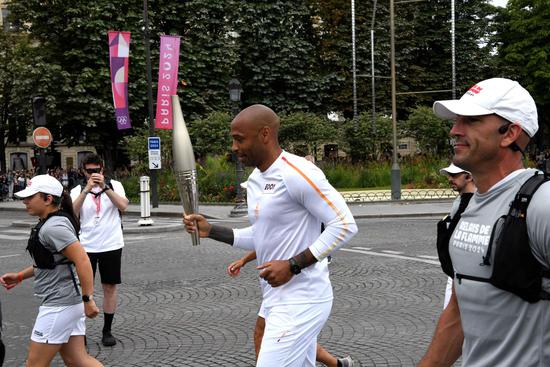



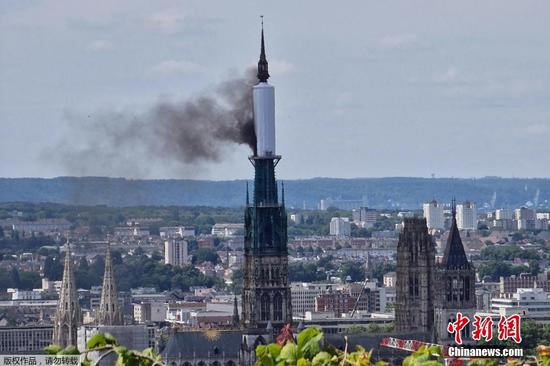

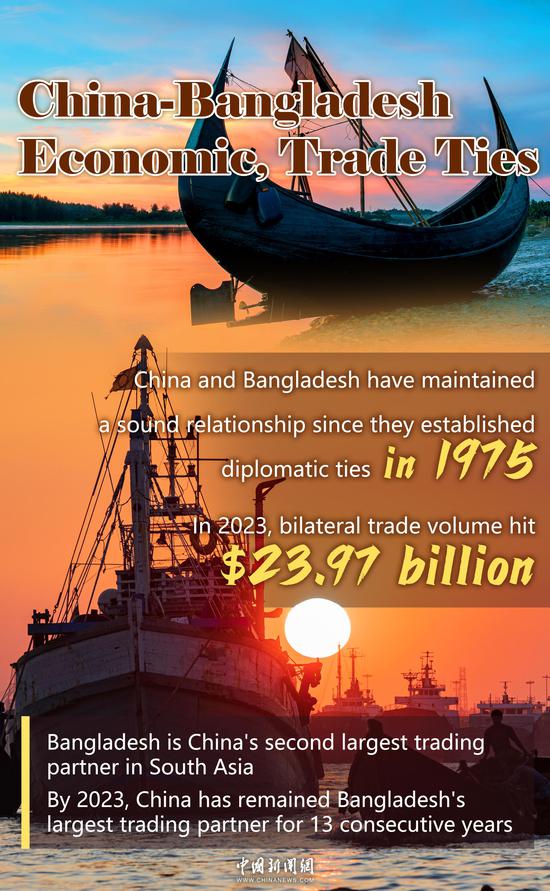
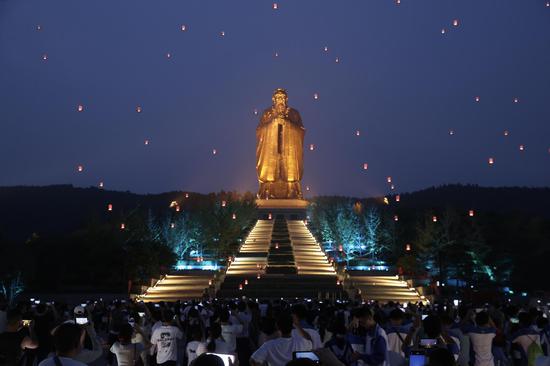
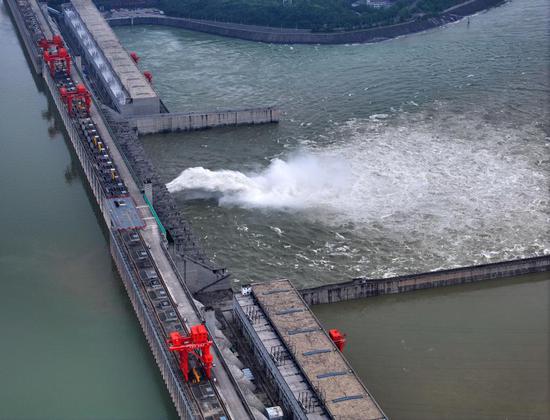
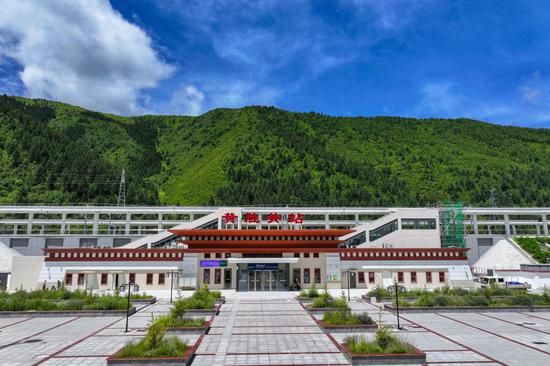
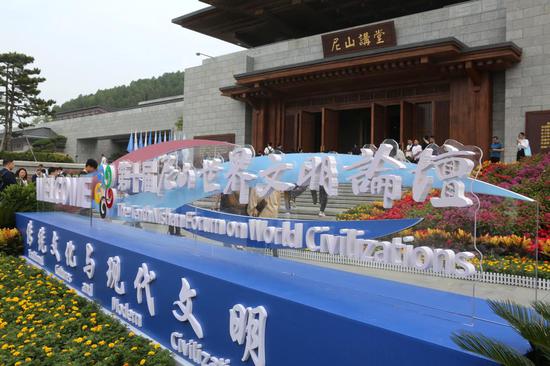









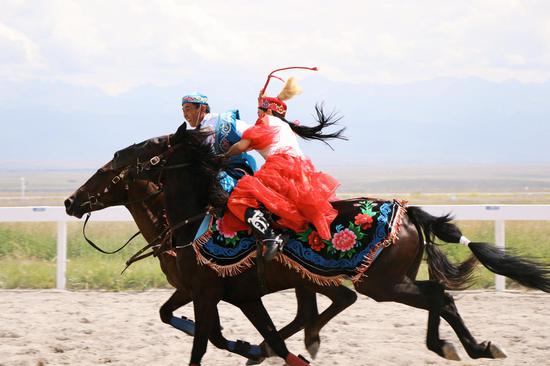
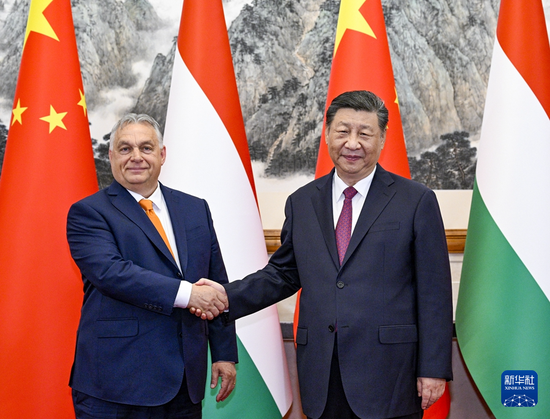

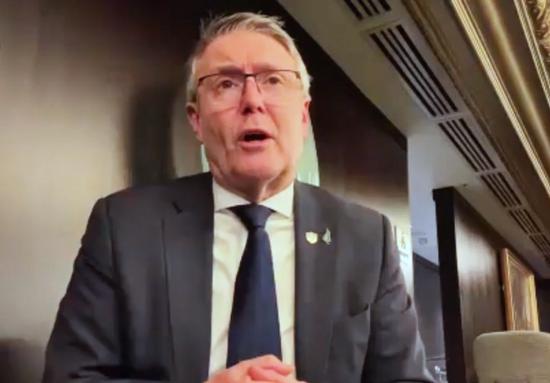



 京公网安备 11010202009201号
京公网安备 11010202009201号